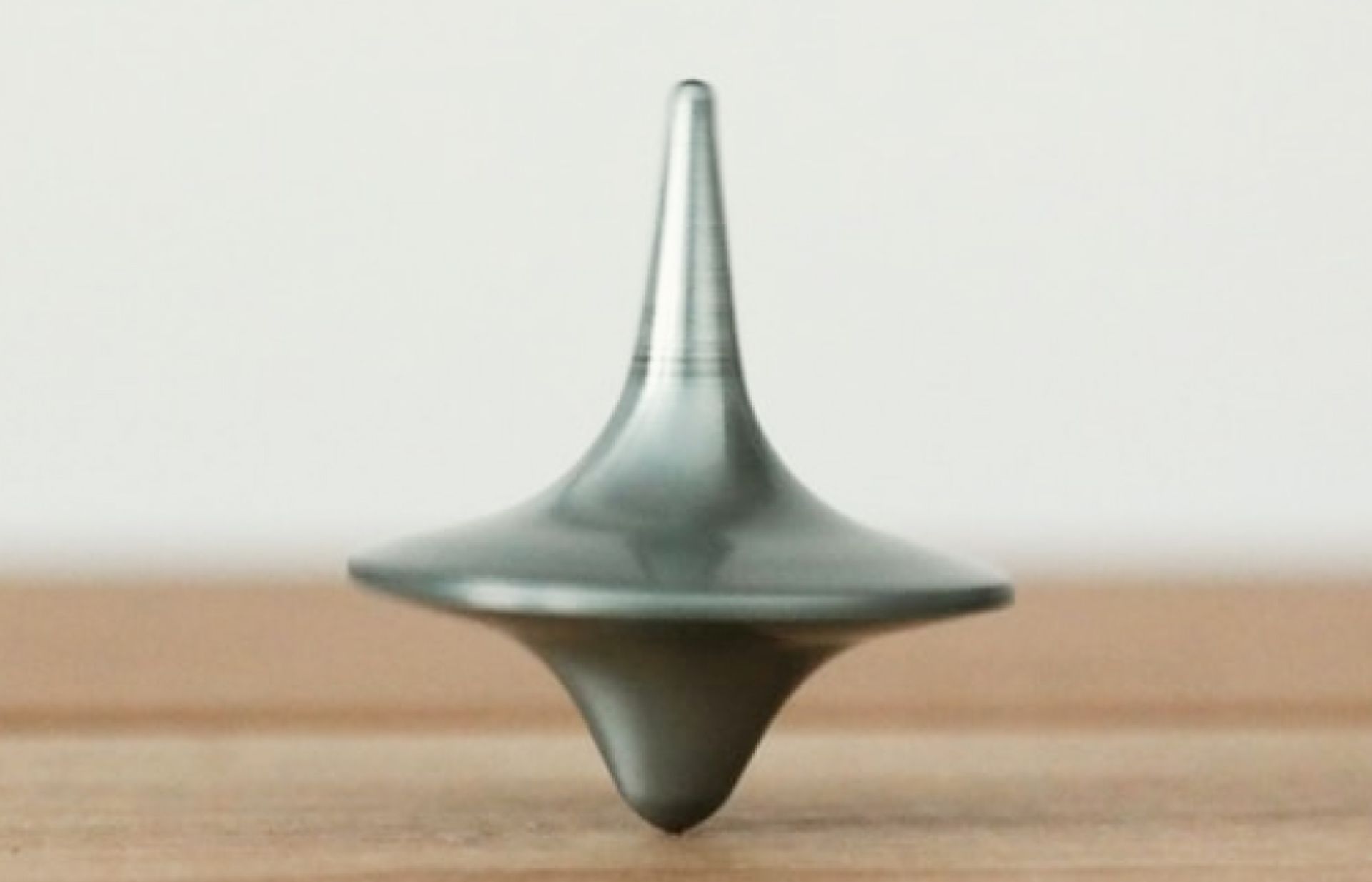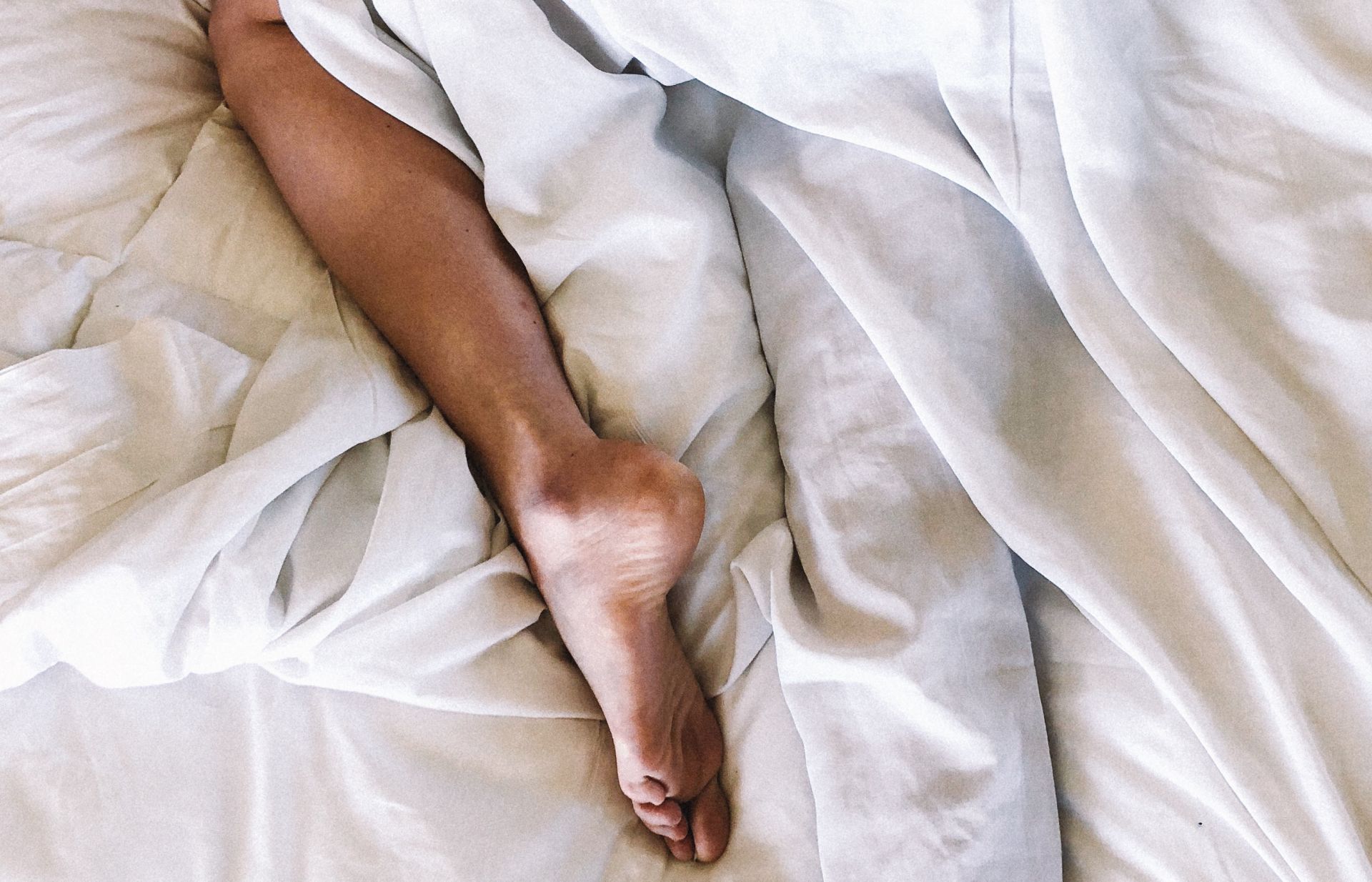
The importance of sleep and the terrifying effects of insomnia
An extra hour of work, an extra drink at a party, one more episode of your favorite series… Ah, you gladly sacrifice that hour of extra sleep for it. You’ve heard quite often about the importance of sleep, but it can’t be that crucial now, right?
 Tired during the day? Time to analyse your sleep
Tired during the day? Time to analyse your sleep
Well, we apologize for waking you up, but sleep may be the most underrated part of our lives. The number of people with sleeping problems is increasing noticeably. That is detrimental to health and wellbeing. Curious how important a good night’s sleep is for your body and health? In this article, you will discover the consequences of sleeping problems and we will discuss how much sleep is enough. You’re awake, hopefully?
During the day you are regularly tired, listless, and have little energy. Moreover, you are struggling with concentration problems at the office and your creativity is no longer what it used to be. What’s the matter with me, you wonder. You had your blood analyzed, went through several examinations in the hospital, but everything appears to be fine. The only thing you don’t immediately think about is the quality of your sleep.
When you are once again counting the hours and you can’t get to sleep, you find an article about insomnia on your smartphone. Insomnia is an acute sleep disorder that can become chronic if not addressed in a timely and proper manner. A study at Erasmus University Rotterdam discovered that many Dutch people have sleeping problems and suffer from insomnia. Do you have trouble falling asleep, do you wake up regularly at night or do you often start your day lethargic and without energy? Then it is advisable to take a close look at your sleep hygiene.
Necessary evil versus vital choice
Sleep is often portrayed as a necessary evil. And yes, we admit it: who doesn’t sacrifice an hour of sleep to get the extra time with friends or to thoroughly prepare a work meeting? But that is precisely the paradox. Because those who do not have a good night’s sleep will see their productivity and efficiency decline. Good sleep is essential for mental, physical, and emotional well-being. Yout want to sleep an hour longer during the night and experience your days full of zest for life, energy, and creativity? Or you want to have an hour a day more, but go through life listless and tired? The choice is yours.
And that choice is more important than you can imagine because the consequences of insomnia cannot be underestimated. Sleeping problems, for example, lead to various chronic diseases. We have listed the terrifying effects of a bad night’s sleep:
Worse blood sugar management
Those who sleep poorly will be less sensitive to insulin during the day, the hormone that regulates sugar levels. Insomnia is therefore linked to diseases such as obesity, diabetes, and cardiovascular disease. Sleeping one hour less per night for a week can lead to a risk for a pre-diabetic situation. Confrontational, huh?
 Sleeping one hour less per night for a week can lead to a risk for a pre-diabetic situation
Sleeping one hour less per night for a week can lead to a risk for a pre-diabetic situation
Hormone imbalance in your body
A bad sleeper produces more cortisol, the so-called stress hormone. After a bad night, you are therefore more susceptible to stress during the day. Moreover, poor sleep will also have major consequences on your appetite. After all, the production of the satiety hormone leptin decreases, while the production of ghrelin – known as the ‘hunger hormone’ – will actually be higher. The feeling of hunger increases, but you feel less satiated. So you will automatically eat more or grab an extra snack faster.
Disturbances in the intestines
Lack of sleep also harms the intestines. After all, studies with animals have linked insufficient sleep to changes in the intestinal flora in your body. Those changes would cause inflammation and affect insulin sensitivity. Our gut bacteria, which are so important to our immune system, are also unbalanced by insufficient sleep.
 Lack of sleep harms the intestines
Lack of sleep harms the intestines
Concentration problems
Do you feel distracted after a short night and have trouble concentrating throughout the day? Completely normal, as sleep deprivation disrupts the brain and our ability to think clearly. Our alertness and problem-solving skills are also taking a serious dive when we reduce the amount of sleep. Good sleep is also very important for your memory and your brain. After all, memories are processed and stored during our sleep. Sleep also plays a crucial role in emotional regulation.
Weaker immune system
Do you regularly suffer from colds and other viral ailments? Those who often don’t get enough sleep generally have a weaker immune system. During sleep, your body produces cytokines, a protein molecule that plays an important role in our immune system. The correct biorhythm also has an important regulatory effect on your immune system. Good sleep and a healthy biological clock are therefore essential to keep your body healthy.
High blood pressure
According to the American national sleep foundation, there is a link between high blood pressure and poor sleep. Especially the quality and quantity of deep sleep would be important to keep your blood levels stable.
How much sleep is enough to avoid sleep deprivation?
Are you already more convinced of the importance of getting enough sleep? Good. But how much sleep do your body and the brain need? This depends on various factors: the degree of stress on the body (for example, top athletes would do well to sleep more), age, your lifestyle, your genes…
 How much sleep you need depends on various factors
How much sleep you need depends on various factors
Do you sleep less than 7 hours on average? Then you are more likely to develop various sleep disorders and therefore other diseases. According to consensus evaluations of thousands of scientific papers and the national institutes of health, the so-called “sweet spot” for adults is between 7 and 7.5 hours of sleep per night. However, it is not only the quantity that counts, but the quality is also very important.
Do you want to know your ideal sleep duration to feel vital during the next day? Then consider the following experiment. Make sure you don’t have to get up at a fixed time for at least three days in a row, for example on vacation. Only go to bed when you are tired, sleep until you wake up without an alarm clock, and be well-rested. After three days, add up all the sleeping hours and calculate the average. Et voilà: you know how many hours of sleep you need to start your day fresh.
Convinced about the importance of sleep? Do you want to tackle your sleeping problems and improve your sleep? Thanks to our content, we can help you to sleep soundly. In this article we collected a lot of useful and practical tips to improve your sleep. Sweet dreams!


Saturated fat vs unsaturated fat: All you need to know about fats

